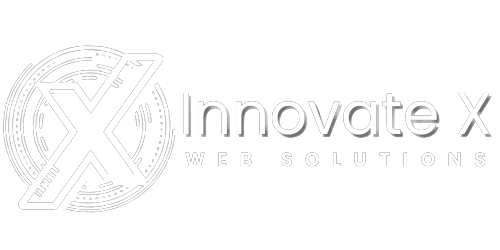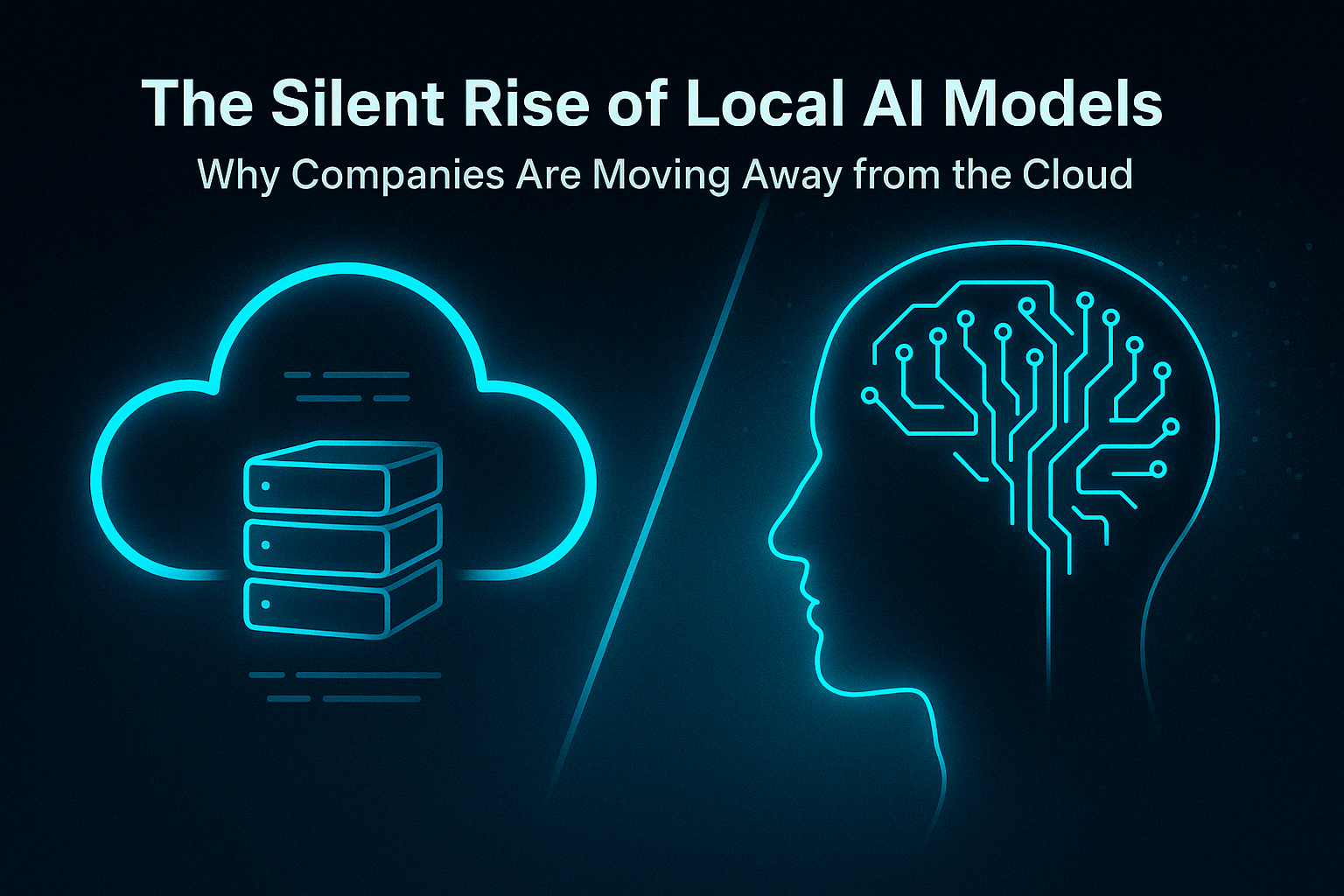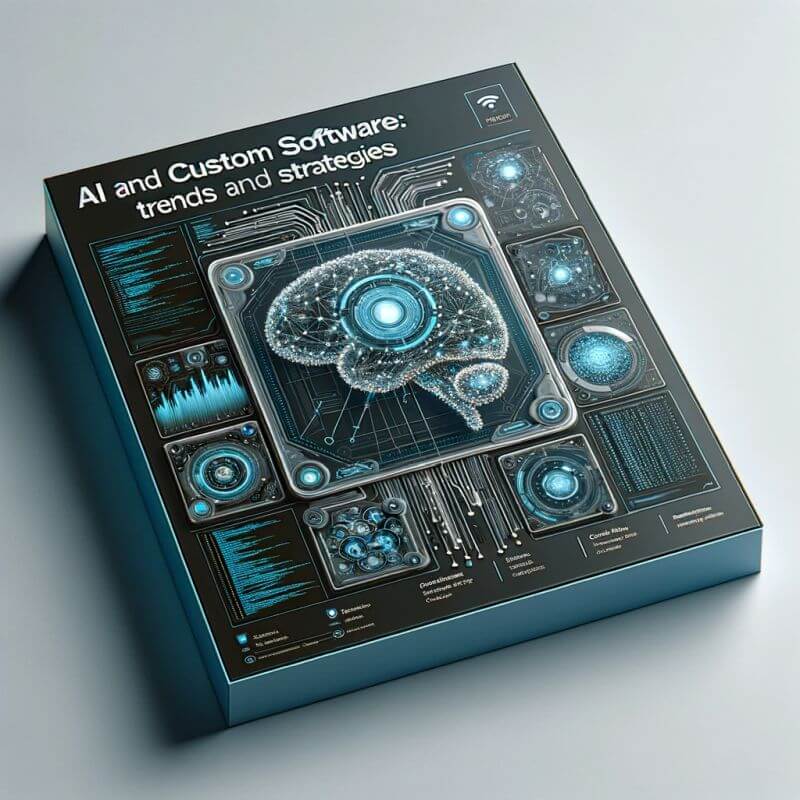In the evolving world of artificial intelligence, businesses are rethinking their infrastructure choices. The debate…
Web Design SEO 2024 Leveraging AI & Mobile Trends
Embracing the new trends in ‘Web design SEO 2024’, this article explores the intersection of web design and search engine optimization in the dynamic digital landscape of 2024.
We explore the latest Google algorithm updates, including the expansion of the Search Generative Experience, and their implications for web design strategies. Learn how selecting the right WordPress themes, like Astra and GeneratePress, can significantly elevate your website’s SEO efficacy. The article also covers comprehensive SEO strategies, integrating on-page, off-page, and technical aspects, and how they intertwine with web design elements for optimal search engine rankings. We discuss the growing influence of AI-driven tools in web design and SEO, the importance of mobile-first indexing and Accelerated Mobile Pages (AMP), and the crucial role of local SEO for geographically-targeted businesses. Whether you’re a web designer, developer, or SEO specialist, this article provides valuable insights and practical tips to navigate the evolving nexus of web design and SEO in 2024, helping you stay competitive and effective in the digital realm.
Advancements in AI and Machine Learning: The Transformative Impact on Web Design and SEO” – This section delves into how artificial intelligence and machine learning are revolutionizing web design and SEO. We examine the latest AI tools, including GPT-4 Turbo and Assistants AI, which offer enhanced capabilities in content generation and user experience design. The focus is on how these technologies can be leveraged to create more intuitive and user-friendly websites, while also optimizing for search engines. The discussion includes real-world examples of AI in action, showcasing the blend of creativity and technology in modern web design.
Key Strategies for Integrating Web Design and SEO in 2024” – This part of the article presents a curated list of strategies for effectively integrating web design with SEO:
- Responsive and Mobile-First Design: Emphasizing the need for websites that perform flawlessly across all devices, particularly on mobile platforms, in light of Google’s mobile-first indexing.
- Enhanced User Experience (UX): Highlighting the importance of a user-centric design approach that not only appeals visually but also facilitates easy navigation and interaction, thereby reducing bounce rates and improving SEO.
- Speed Optimization: Discussing techniques for improving website loading times, such as image compression and minimalistic design elements, which are crucial for both user satisfaction and SEO rankings.
- SEO-Friendly Content Integration: Offering insights on how to seamlessly blend content with design, ensuring that it is not only engaging but also optimized for search engines through the use of keywords, meta tags, and structured data.
- Accessibility and Inclusivity: Covering the significance of designing websites that are accessible to all users, including those with disabilities, which is not only a moral imperative but also contributes to broader audience reach and improved SEO.





